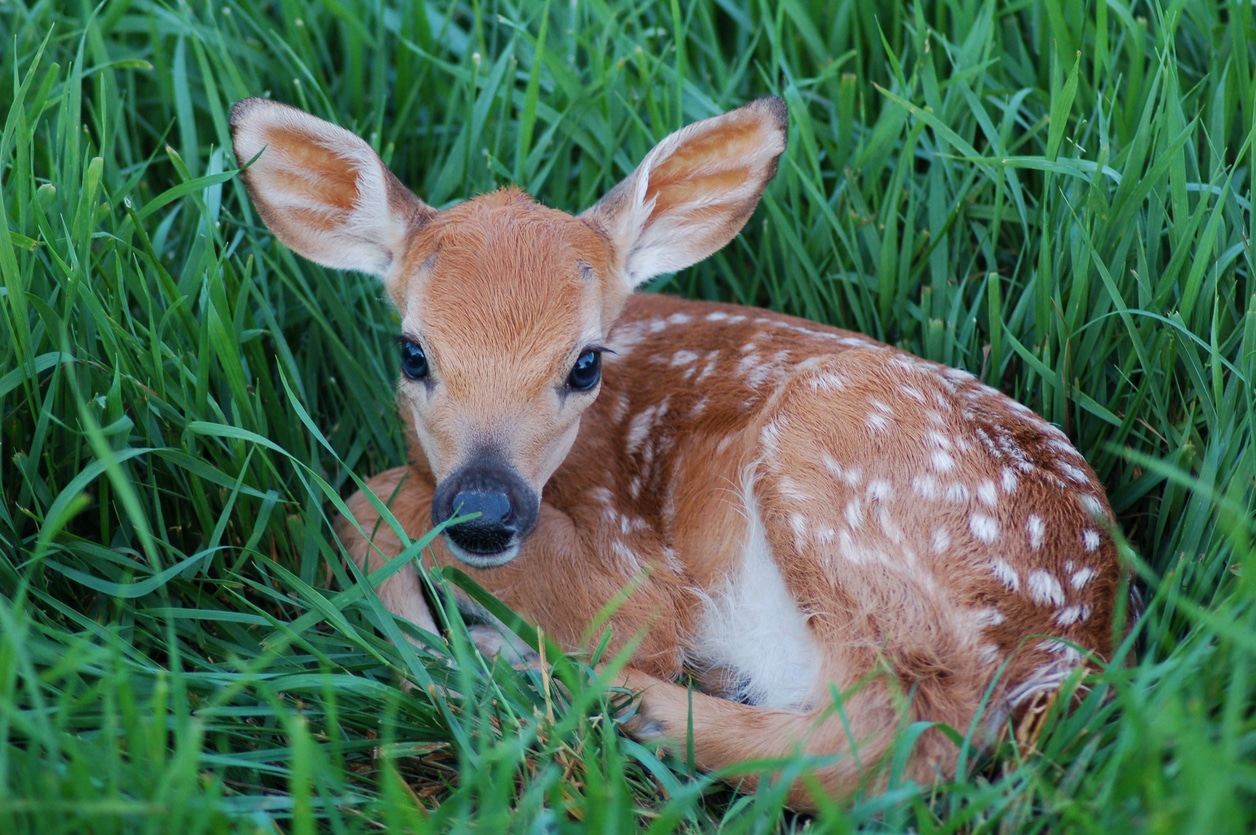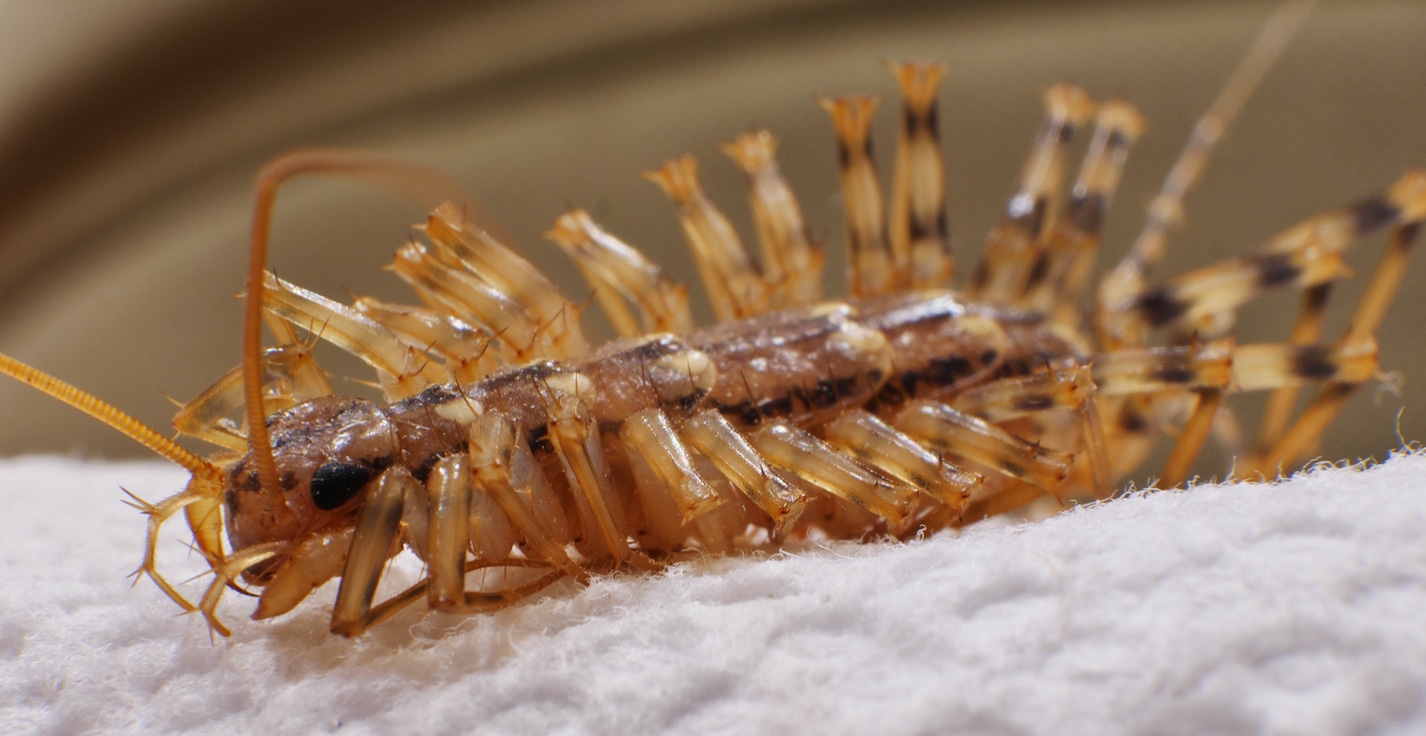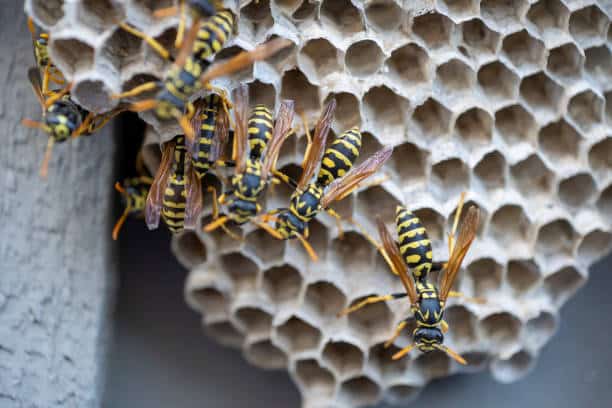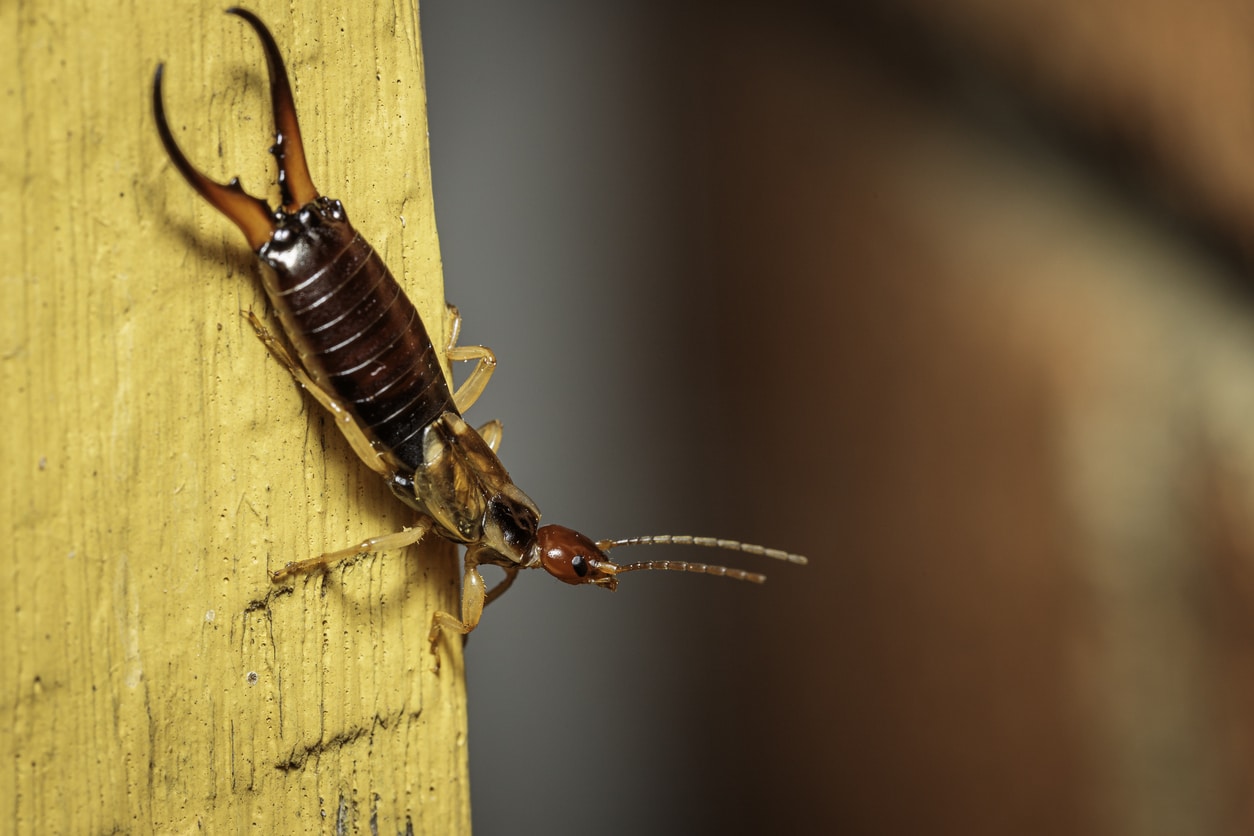The holidays bring cozy gatherings, festive decorations, and plenty of warmth indoors. But it’s not…

Wild Animal Safety 101: What to do When You Find a Baby Animal
From spring to late fall, animals will be giving birth in Michigan, which makes sense—when there are nutrients abound, mothers are better able to feed their young. But new life means new activity, and this can result in animals expanding their territories in search of resources or places to rest.
If you find a baby wild animal on your property, there are important things you should do and others you should avoid. Learn what Creature Control and the Michigan Department of Natural Resources recommend when you encounter a baby animal on your property, and understand how young wild animals affect the safety of your family and pets.
What to Do When You Find a Baby Wild Animal
Homeowners may find baby animals on their properties this spring, and this can cause concern. Is this baby animal abandoned? Where is the mother? Is it safe for it to be out here by itself?
The Michigan Department of Natural Resources recommends leaving these baby animals alone. It is common for many different types of animals to leave their young in a place that seems safe while they go out and forage for food. The majority of the time, the parent will return, and human interference is neither safe nor necessary.
But wild animals on your property can lead to a host of problems. Creature Control is here to help with tips and information about dealing with the springtime behavior of wild animals.
What Animals Give Birth in Spring?
Many mammals mate in fall or winter in order to give birth in springtime when more food sources are available. Some of the most common animals to give birth in Michigan during spring are:
- Birds
- Rabbits
- Deer
- Raccoons
- Skunks
- Wolves
- Coyotes
While birds are often innocuous and pleasant to have around, the other creatures on this list pose a safety issue to humans and domestic animals alike.
Problems with Finding Baby Wild Animals on Your Property
When living in human-populated areas, any wild animal will be out of place but especially hungry babies or diligent mothers searching for food. Human behavior is likely to disrupt the natural instincts and habits of wild animals, leading to their death and putting the safety of your loved ones at risk. Some of the more serious issues include:
- The continual presence of prey animals like deer and rabbits can attract predator animals, endangering any pets or humans in the area
- Wild animals are unpredictable and may inflict harmful scratches or bites
- Many kinds of wild animals can pass diseases to pets or humans they come into contact with
- Wild animals may leave feces or vomit on your property which can make pets and humans sick
- Wild animals may become more familiar with anti-wildlife prevention measures on trash cans, dog doors, etc. leading to disturbances in and around your home
- Wild animals in human-populated areas are more likely to be injured or killed by human technology, especially cars
Protect your pets, children, neighbors, and loved ones—contact Creature Control for safe wildlife handling in lower Michigan.
Wildlife Safety Tips
It may seem fun, innocuous, and kind to try and nurse an injured or abandoned animal back to health—especially if it’s a cute, little baby. But this is both illegal and a detriment to the animal’s long-term survival. Only a licensed wildlife rehabilitator may be in possession of injured or abandoned wildlife in the state of Michigan. These professionals are equipped to support the growth and health of wild creatures in ways that will allow them to return to their natural habitats or safe, appropriate environments.
Additionally, it’s important to leave animal relocation or the dirty matter of carcass removal to the professionals as well. At Creature Control, we’re licensed and equipped to thoroughly clean your property (such as attics or sheds) of any animal waste to prevent the spread of disease. Our removal technicians will relocate nuisance animals from your property to more appropriate locations that put your property far outside of the animal’s foraging range.
How to Keep Wild Animals Off Your Property
Leaving yourself open to these wild animal problems can cause quite a headache. At this point you may be asking yourself: how do I keep wild animals off my property? Here are some of Creature Control’s top tips:
- Install any necessary anti-wildlife measures in appropriate areas, such as sheds, trash cans, and dog doors
- Keep small pets indoors—including cats—and supervise any outdoor time they have to decrease interactions with wild animals
- Don’t leave pet food or water outside, as this will attract raccoons and opossums
- Take down seed bird feeders, which frequently attract deer
- Install fencing or other physical deterrents around your property
Creature Control can provide valuable insight and detailed analysis of your property for any vulnerabilities to wildlife activity.
Creature Control Handles Your Wildlife Problems
With integrated pest management solutions, Creature Control provides advanced and humane techniques for deterring and addressing wildlife problems. Our team is dedicated to providing long-lasting solutions to protect your home and family from wild animals. From squirrel exclusion to rat control, Creature Control is here to keep your home comfortable and pest free. Contact us today to learn more.
Safe & Humane Wildlife Removal from Creature Control
The Creature Control team is here to handle your wildlife issues with humane treatment that keeps your family safe. We offer comprehensive strategies to address and deter wildlife problems, preventing nuisance animals from returning. Whether you think you need chipmunk extermination or beaver relocation services, call Creature Control at (800) 441-1519 for fast, reliable service.


